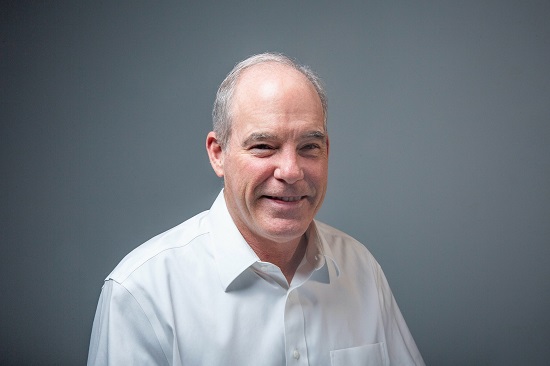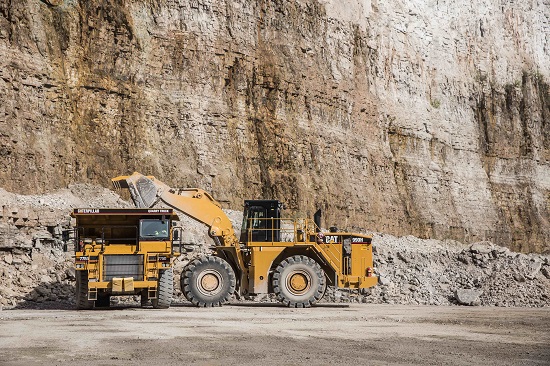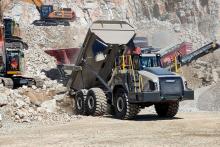
HCSS, a leading U.S.-headquartered provider of innovative software that helps heavy civil businesses streamline their operations, is offering key insights about the future of construction via its customers, who are leaders in the construction market.
Below is a summary of what each HCSS customer company executive said when answering questions about automation, the future of supply chain and electronic material ordering, the environmental impact of the industry, and the current labour situation.
"We asked experts in the industry what their thoughts were on the future of the construction industry and where they see it going," said Steve McGough, CEO and President of HCSS. "These professionals all understand the catalyst for change businesses need to undergo to improve their and the world's future."

Linda Pawlak is the Vice President of Strategic Improvement for the Walbec Group, a producer of high-quality construction materials and services. "In today's industry, the faster a company gets information, the more efficiently customers can request orders and materials, and the better they can plan their work and balance workloads. As to the labour shortage, Pawlak believes that contractors must be the best in the industry, but now, contractors are competing with other industries for the same skill set, so to compete, contractors need to provide the same opportunities as other industries."
Tim Zeglin is the Vice President of Frontier Construction, a general contractor based in Jones Mills, Pennsylvania. "Workers need to be engaged to see the meaning behind what they're doing, develop a relationship with others, and thoroughly understand what they are doing for the company. Suppose workers can look at their job and understand that the meaning exists with civility, or otherwise the progress of the free world to build infrastructure. In that case, they can engage in the mission and work beside others who are engaged for the same reason. There is power in that."

Mary Teichert is the President of Teichert, Inc., which is a 135-year-old contractor regionally based out of California and Western Nevada. "Project managers could focus on higher-value activities if machines could automatically generate payment requests or bills. Plus, if your actual plans are transmitted to equipment and could combine with emerging technologies like ground penetrating radar or 3D visualization tools for underground construction, then contractors would know in advance what supplies they need for the project."

Tom Agresta is President of Eclipse Companies, LLC, a heavy civil contractor specialising in earthmoving. Tom says companies need good data to be at least ten to twenty years ahead of their competition. "It would be best if you had someone focusing on and crunching data, and data is going to be unique for each company."
Phillippe Falkner is the Safety Director and Business Services Specialist with Ed Bell Construction in Dallas, TX. He says that environmental construction practices are suitable for the industry and help to make the world a better place and provide better living conditions for communities. "There needs to be a balance between government regulations and the supply chain because, too often, one party is unaware of what the other side is doing. For example, certain municipalities say you can't have a concrete plant in town, but this can cause the cost of concrete to go up $30/yard because of freight and trucking. Contractors have got to do a better job of finding out how to build roads instead of what may be restrictive practices."
More details on each interview with the executives can be found at www.hcss.com under The Future of Construction.










